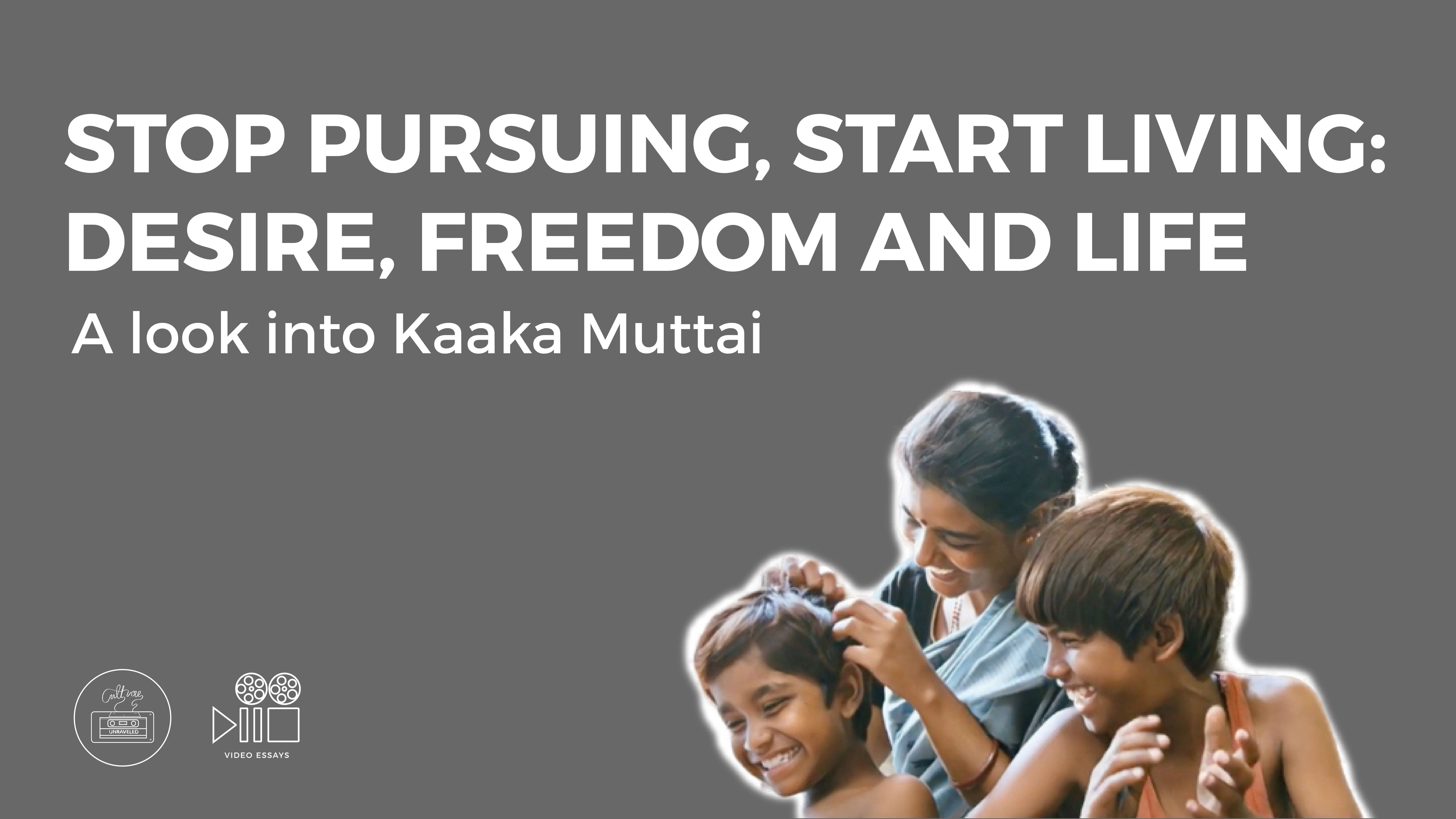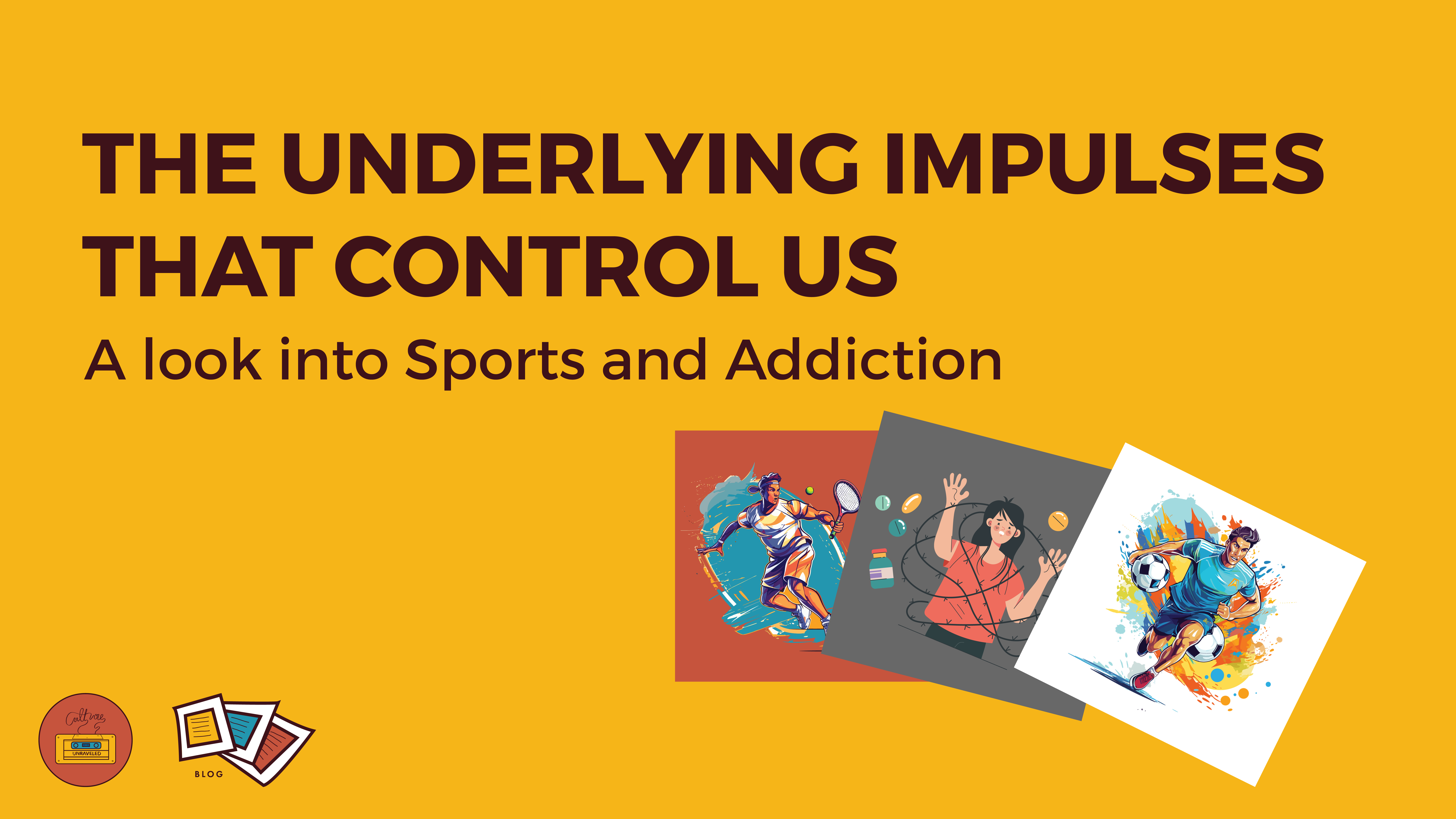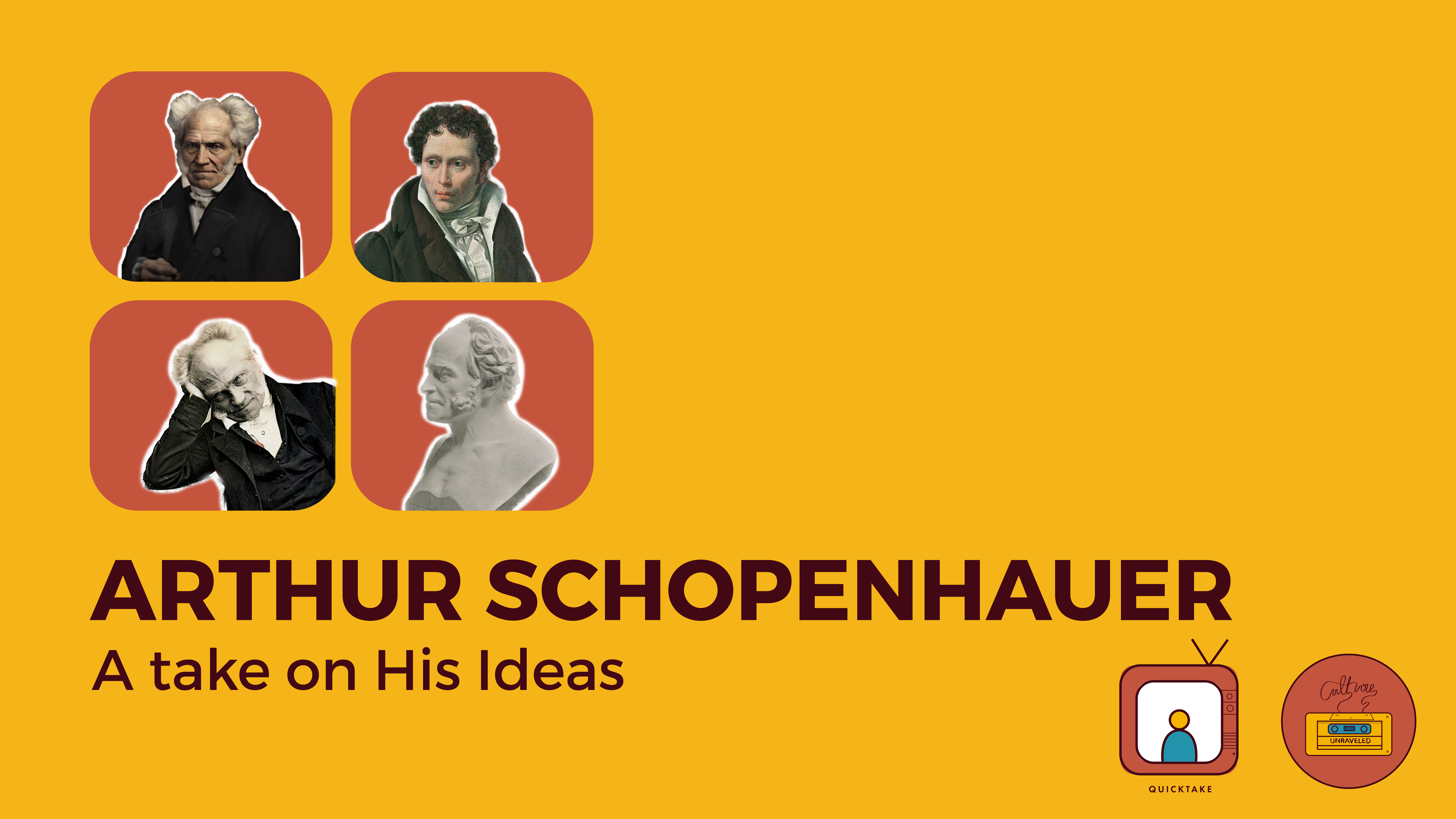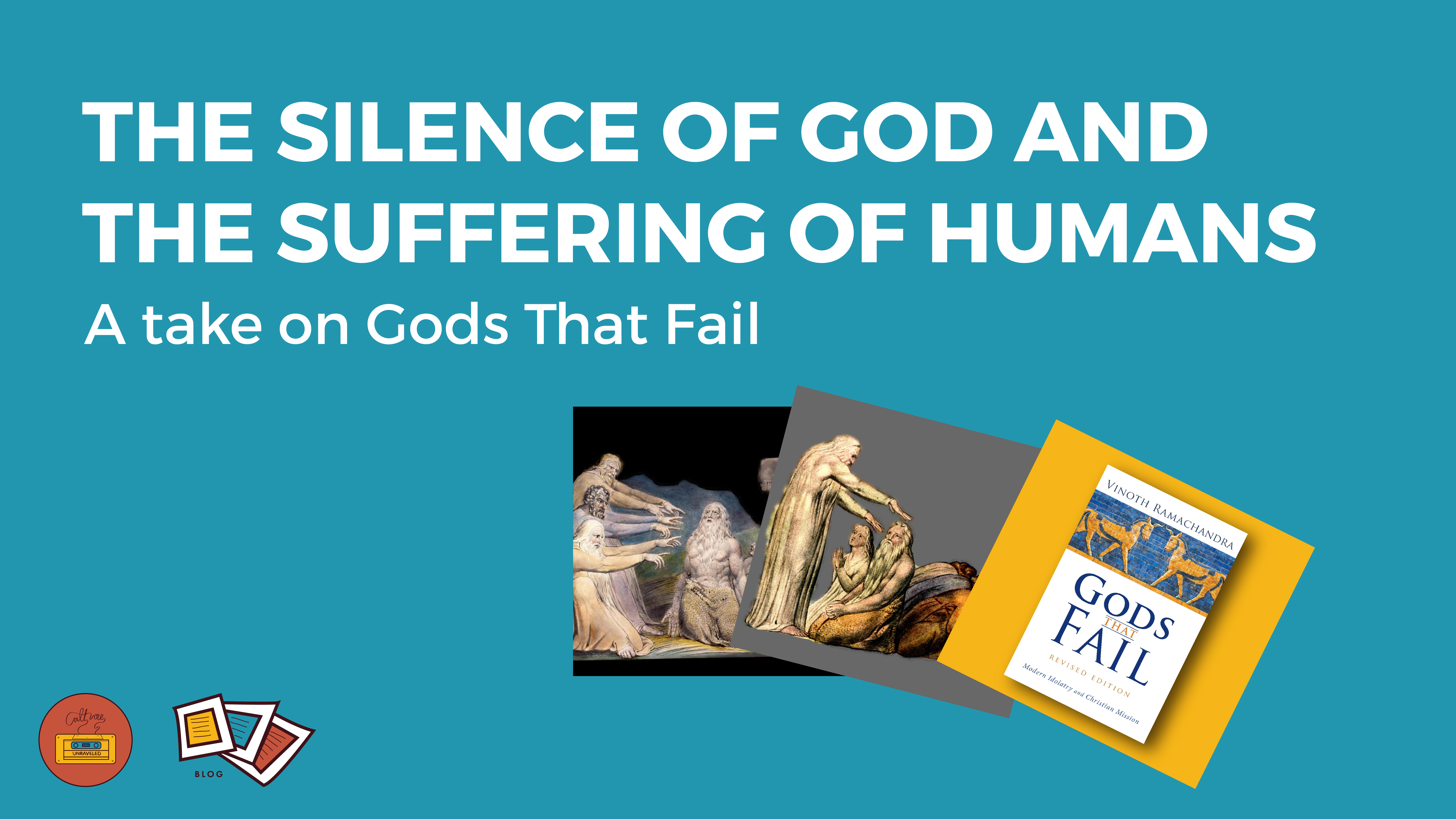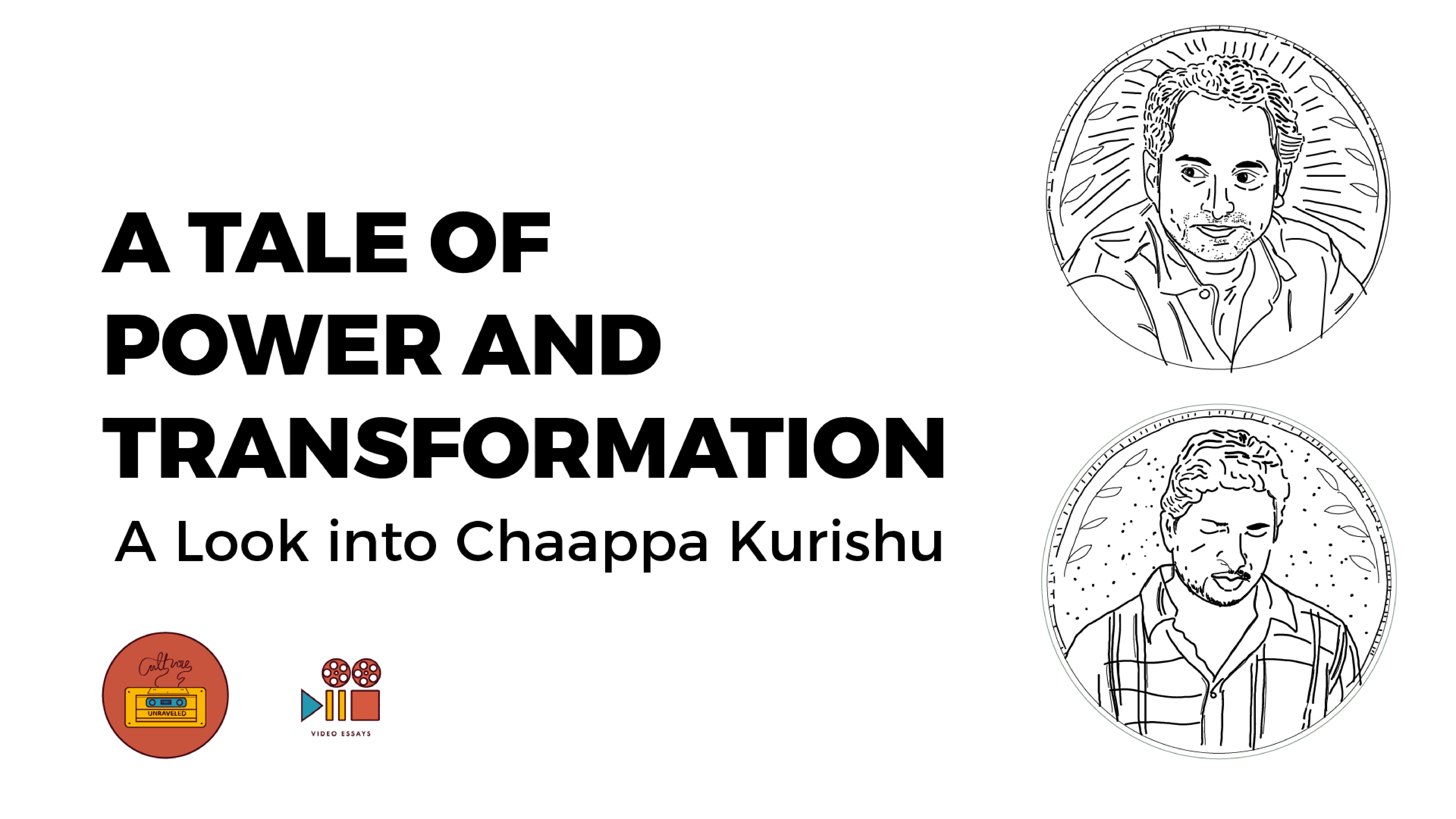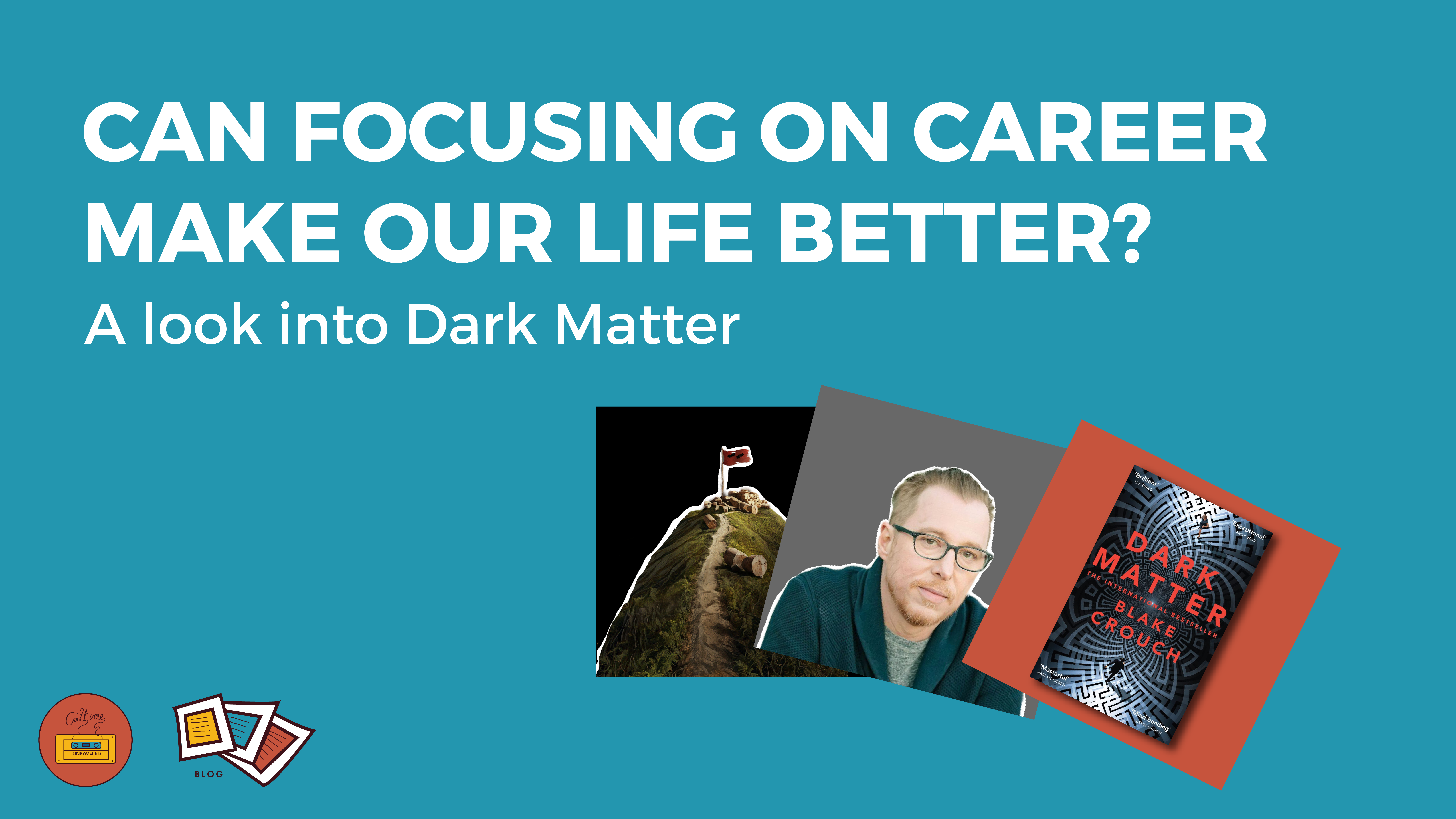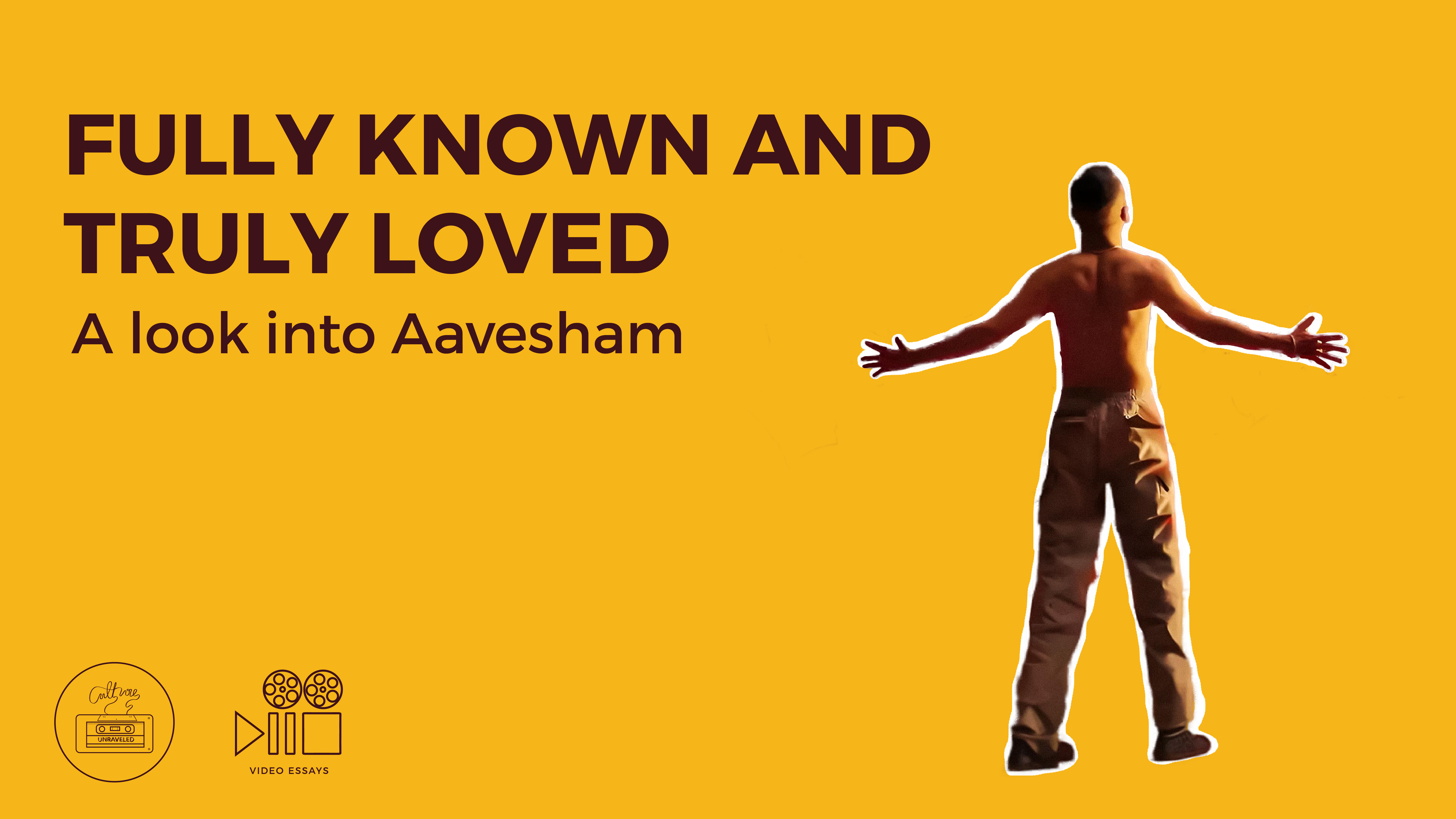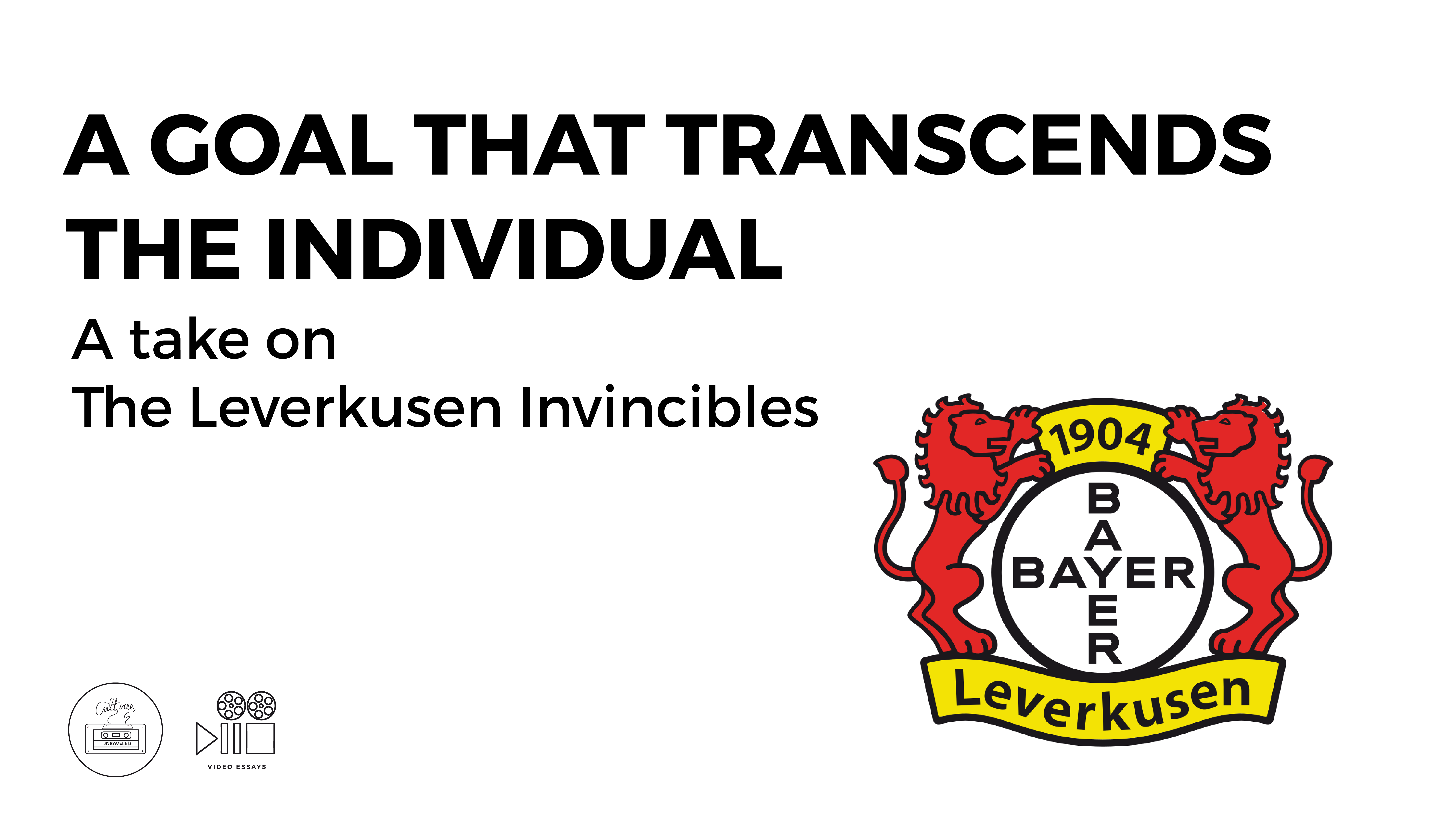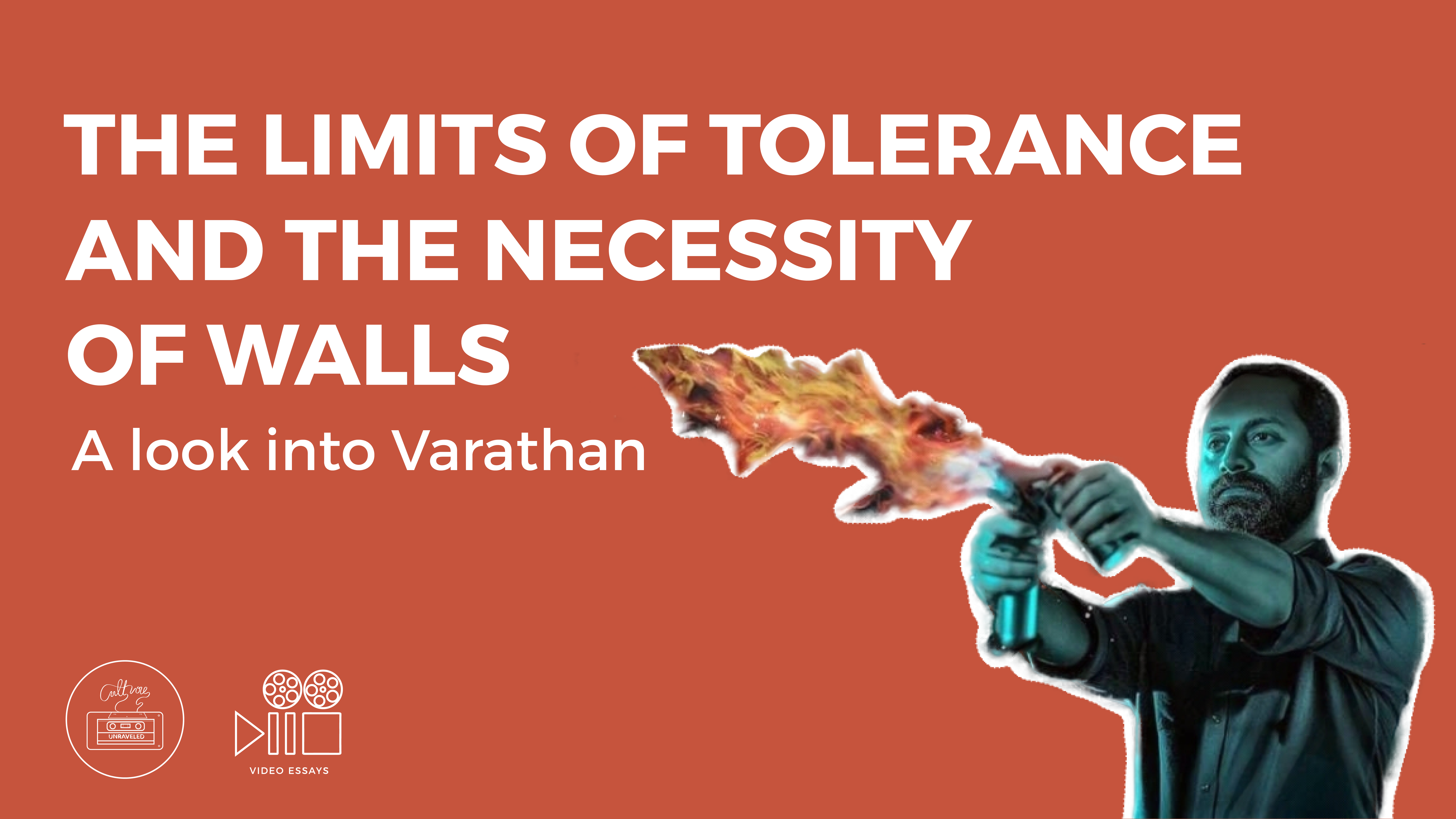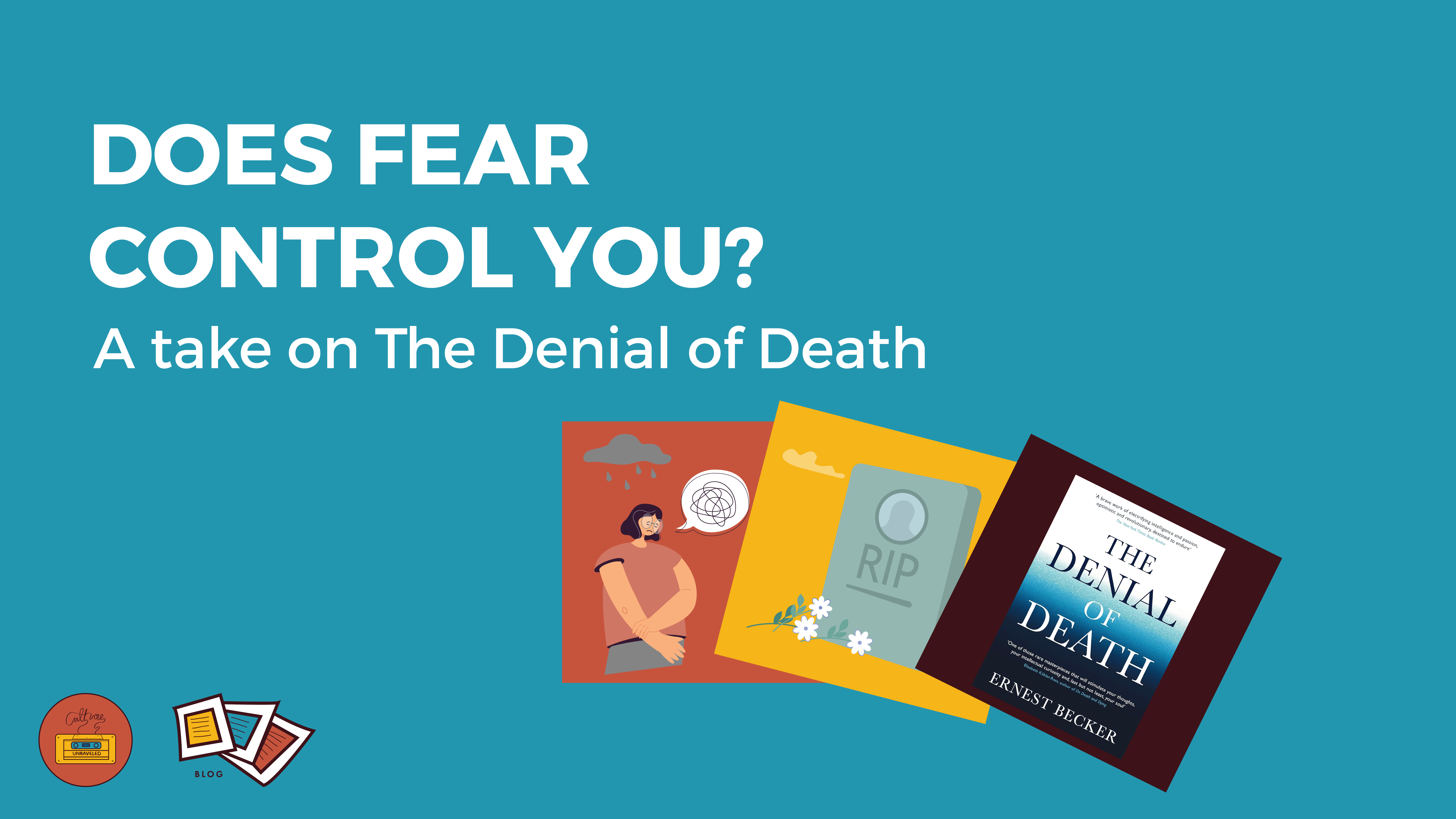
You’ve likely heard about this book before. It’s talked about constantly, professors teach courses on it in universities, scientists try to obtain empirical evidence to support the claims made in it, and hundreds of thousands around the world have credited it with shifting their perspectives and even changing their lives.
“The Denial of Death”, is a groundbreaking work by cultural anthropologist Ernest Becker, that was published in 1973. In the Pulitzer Prize-winning book, Becker explores awareness that human beings have about their mortality, and the profound impact of that awareness on their thoughts, behaviours, and cultures.
At the core of Becker’s thesis is the idea that the awareness of death is a unique trait of human consciousness. Unlike other animals, humans possess the cognitive ability to contemplate their own mortality, which shapes their worldview and influences nearly every aspect of their lives. Becker argues that this awareness of death creates existential anxiety, driving individuals to seek meaning, significance, and a sense of immortality.
One of the profound lessons from “The Denial of Death” is the importance of embracing life fully, even in the shadow of mortality. Becker suggests that the awareness of death can serve as a catalyst for living authentically and passionately, as individuals strive to make the most of their finite existence. Rather than succumbing to nihilism, acknowledging the reality of death can instil a sense of urgency and appreciation for life’s fleeting moments.
The book has found an audience with various different types of people. While some have assumed that religious thinking and this book might be in opposition, others have argued that there is much more of an overlap between the two, as both Becker’s work and religious teachings emphasise the sanctity of life, urging individuals to cherish and honour the gift of existence, and to confront the reality of mortality with courage, wisdom and compassion. Religious teachings and Becker’s analysis underscore the importance of moral and spiritual growth as integral aspects of the human journey towards transcendence of the fear of death.
The book revolves significantly around the idea that life only continues to become more profound and meaningful once we start to accept the finitude of this state of being.
In fact, it even proposes ways in which we can use this fear to work for us rather than against us:
- Cultivate self-awareness: Develop a deeper understanding of your own psychological defences and unconscious motivations. Reflect on how your actions and beliefs may be influenced by a fear of death or a desire for immortality through symbolic means such as fame, wealth, or power. By becoming more aware of these dynamics, you can begin to live more consciously and authentically.
- Foster meaningful connections: Recognize the importance of relationships in providing a sense of belonging and purpose. Invest time and effort in nurturing genuine connections with others, and prioritise empathy, compassion, and understanding in your interactions. Sharing experiences, emotions, and values with loved ones can help alleviate existential isolation and foster a sense of continuity beyond individual mortality.
- Embrace mortality awareness: Accepting the reality of our mortality can lead to a greater appreciation for life. Reflect daily on the impermanence of existence, and use it as motivation to make the most of each moment. This can help shift focus from trivial concerns to meaningful pursuits. It can also enable us to live in a way that is less dictated by the perception of others and more by the transformation and enrichment of ourselves.
As we integrate the lessons of “The Denial of Death” into our daily lives, we are reminded of the preciousness of each moment and the power that our perspectives have to shape the way we live. Our fears dictate a majority of our actions, so by addressing a fear head on, you strip it of it’s power and enable yourself to either choose to disregard the fear altogether, or at least, use it for your own good.
After all, the reason most people are afraid of death is because they’re afraid they haven’t lived their life the way they dreamed, they haven’t realised their potential. So this is a reminder that death is inevitable and that fact is out of our control, but what we do with our lives, the way we live, the connections we form, the things we accomplish – are all very firmly within our grasp.
_________________________________________
Written by Ben Joshua

